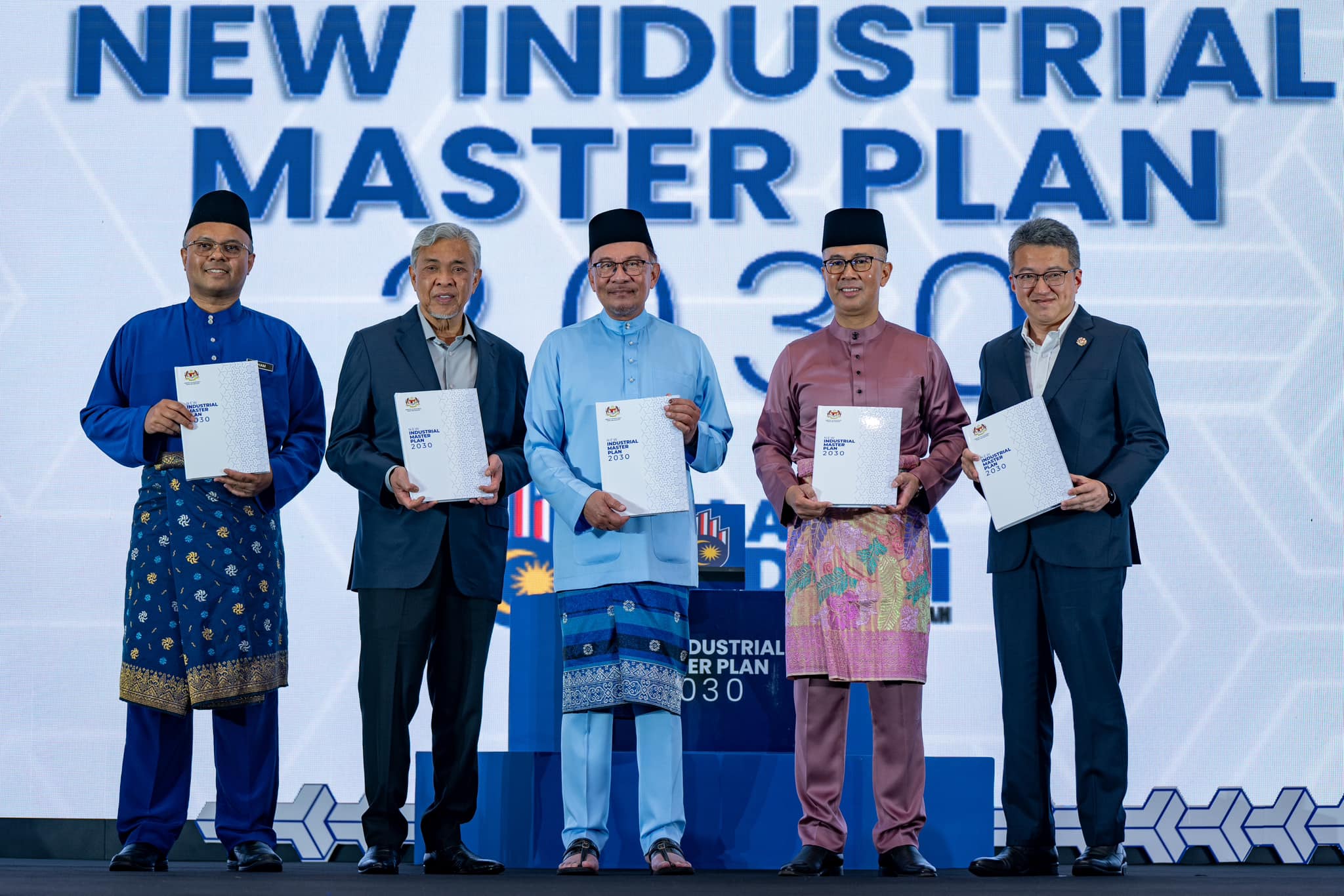KUALA LUMPUR, Sept 1 – Prime Minister Anwar Ibrahim today announced a RM95 billion plan to turn Malaysia into a “regional economic powerhouse”, covering five key sectors, including pharmaceuticals and medical devices.
The seven-year New Industrial Master Plan (NIMP) 2030 seeks to boost the manufacturing sector’s value-added component to RM587.5 billion by 2030, a 61 per cent growth from the 2022 baseline of RM364.1 billion, Anwar said at the launch of the NIMP 2030 here today.
To achieve this, the government is promoting industries to integrate, innovate, and produce advanced products, thereby uplifting Malaysia’s economic competitiveness and resilience.
Pharmaceuticals and medical device manufacturing have been touted as strong bases with substantial growth potential. By 2030, the government expects the pharmaceutical sector’s gross domestic product (GDP) value to hit RM2.5 billion.
The NIMP 2030 identifies biologics, active pharmaceutical ingredients (API) manufacturing of niche botanicals, and halal medicines as key growth segments for the pharmaceutical sector. Similarly, for the medical devices sector, it highlights minimally invasive products, point-of-care products, and technology-driven medical devices as key growth segments.
The industrial plan also suggests integrating value chains, particularly between the machinery and equipment (M&E) sector and the medical device sector, as well as between the chemical and pharmaceutical sectors.
For instance, advanced inspection solutions used in the M&E sector are applied in medical devices like imaging and endoscopy, as well as implantable devices. Additionally, enhanced API production leads to higher quality generic drugs.
This also applies to the production of insulin, vaccines, solvents, preservatives, and excipients – substances other than the API used in the formulation of a drug product.
Integrating value chains between these sectors will create a more interconnected economic ecosystem for Malaysia, resulting in improved resource utilisation, cost reduction, increased innovation, and enhanced product complexity.
The NIMP 2030 states that the Ministry of Investment, Trade and Industry (MITI) and the Ministry of Health (MOH), along with the Malaysian Investment Development Authority (MIDA), and the Medical Device Authority (MDA) will collaborate to establish a supportive ecosystem for the industry.
This includes promoting collaboration and partnerships among businesses, universities, and government agencies, facilitating knowledge sharing, adopting industry best practices, and supporting product development through activities such as research and development (R&D), testing, and standards compliance.
Anwar said investment for the entire multi-billion ringgit plan will mainly come from the private sector through private equity, capital markets, and financial markets.
The government will allocate about 10 per cent to support these investments via the NIMP Industrial Development Fund and the NIMP Strategic Co-investment Fund.
“The NIMP is designed to drive Malaysia’s trajectory as a global leader in industrial development, extend the domestic linkages to create wealth across the nation as well as strengthen its position in the global value chain.
“This plan is timely to expedite the transformation of industries in Malaysia, aligning them with the country’s vision,” Anwar said.









